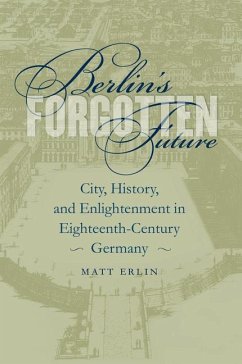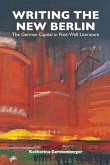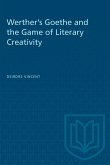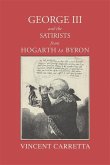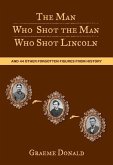Through an analysis of the works of the Berlin Aufklärer Friedrich Gedike, Friedrich Nicolai, G. E. Lessing, and Moses Mendelssohn, Matt Erlin shows how the rapid changes occurring in Prussia's newly minted metropolis challenged these intellectuals to engage in precisely the kind of nuanced thinking about history that has come to be seen as characteristic of the German Enlightenment. The author's demonstration of Berlin's historical-theoretical significance also provides perspective on the larger question of the city's impact on eighteenth-century German culture. Challenging the widespread idea that German intellectuals were anti-urban, the study reveals the extent to which urban sociability came to be seen by some as a problematic but crucial factor in the realization of their Enlightenment aims.
Hinweis: Dieser Artikel kann nur an eine deutsche Lieferadresse ausgeliefert werden.
Hinweis: Dieser Artikel kann nur an eine deutsche Lieferadresse ausgeliefert werden.

